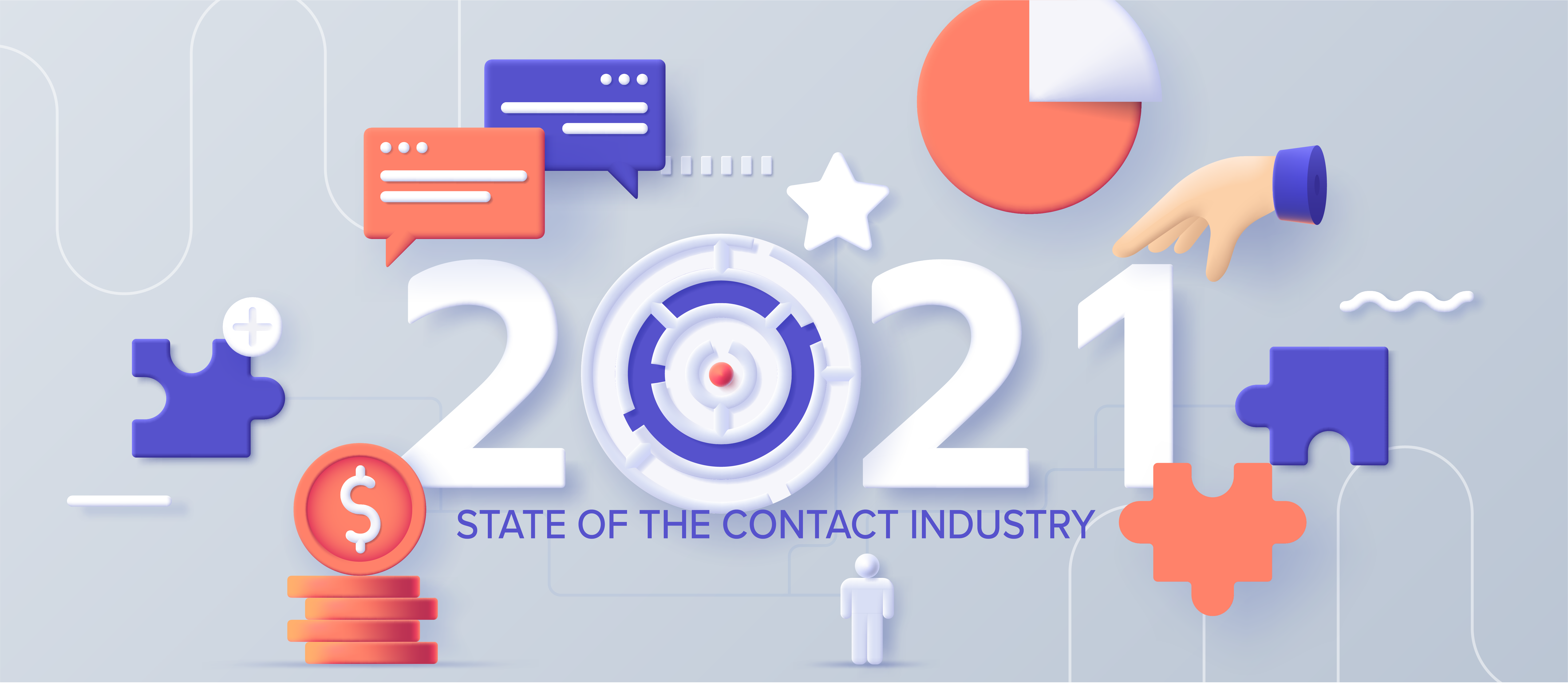The 2021 State of the Contact Industry: Data Optimization, Automation, and TCPA Legislation

From the continued rise of SMS to the global health crisis to the “Great Resignation,” there’s a lot of change happening in the contact industry right now – which means that doing the bare minimum and keeping the status quo isn’t going to cut it anymore.
In a recent panel discussion about the state of the contact industry Aaron Evans, CEO at Drips, Matt Conlin, CEO at Fluent, and Puja Amin, Corporate Counsel at loanDepot, discussed what businesses should be doing to keep up with these changes if they don’t want to fall behind.
Here are our top three takeaways from that discussion:
- Automate with purpose.
Everyone has been struggling to hire enough licensed agents to meet demand right now because of the massive national employee shortage. You may have heard it referred to as the “Great Resignation,” and with good reason: Over 50% of Americans in the workforce say that they will look for new employment within the next year.
With that in mind, many businesses in the contact industry have been looking to automation and AI to bridge the gap. These are good tools when leveraged with purpose, but you don’t want to invest in AI and chatbots to the point where you have no human agents.
Consider your different demographics. For example, a well-trained AI could carry out a productive conversation with a Gen Z consumer over text. That same AI would be at a loss to field the chat requests from an older consumer who sends paragraphs of text at a time.
Having a human on standby to take over is mandatory.
How do you reconcile this need for live agents and the employee shortage? A strong employee retention and recruitment program is key. There is no shortage of available job openings, so how can you make your business stand out? What are you doing for your employees that they can’t get elsewhere?
- Prioritize quality over quantity.
How can you make half as many calls or send half as many messages but get twice as many solid, convertible leads?
The answer is data optimization.
When you understand more about your prospective consumer, you can zero in on the right ones before you ever send that SMS or make that call. That means less money spent on leads that won’t convert and less of your agents’ valuable time spent on calls that go nowhere.
And the benefits of data optimization extend beyond the lead filtering process, too. Use the insights from your lead data to script for different consumer cohorts. Your consumers aren’t all the same, so the conversations you’re having with them shouldn’t be, either.
Finally, make sure you’re investing in the proper team and tools to make the most of your valuable lead data. Tools like LeadConduit can enhance, filter, and reject leads in real time to ensure you’re only contacting your best leads while a tool like Drips will help your agents say the right thing to those leads, every time.
- Get Ahead of New Legislation.
The world of Telephone Consumer Protection Act (TCPA) compliance is constantly evolving, as evidenced by the recent Florida “Mini TCPA” legislation. It is more likely than not that we will continue to see state-level legislation like the Florida law passed in other states in the coming years.
The companies that are going to do well in this changing landscape are doing three things:
- Staying informed of legal changes through either in-house counsel or a trusted partner.
- Vetting new and existing lead sellers to make sure they’re actually TCPA compliant.
- Practicing consent-based marketing rather than just doing the bare minimum for compliance.
At the end of the day, your main focus should be serving happy, informed consumers. If you’re doing the above, you should be able to lead with the value your solutions provide rather than worry about jumping through compliance hoops.
The contact industry is going to continue changing as technologies and legislation evolve. As marketers, it’s our job to stay ahead of the curve. Implementing the above techniques within your consent-based marketing strategy will give you the best chance at successfully navigating this ever-changing industry.





